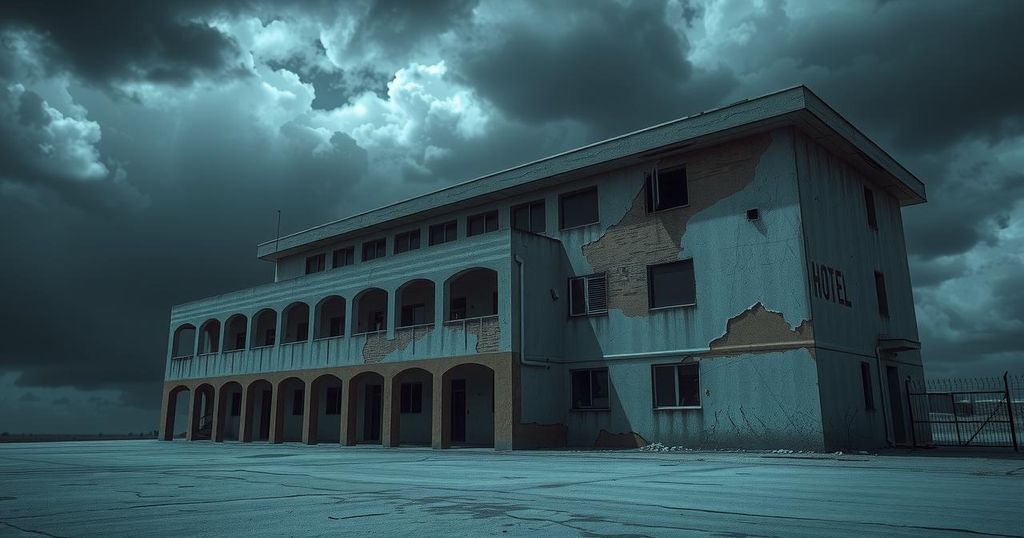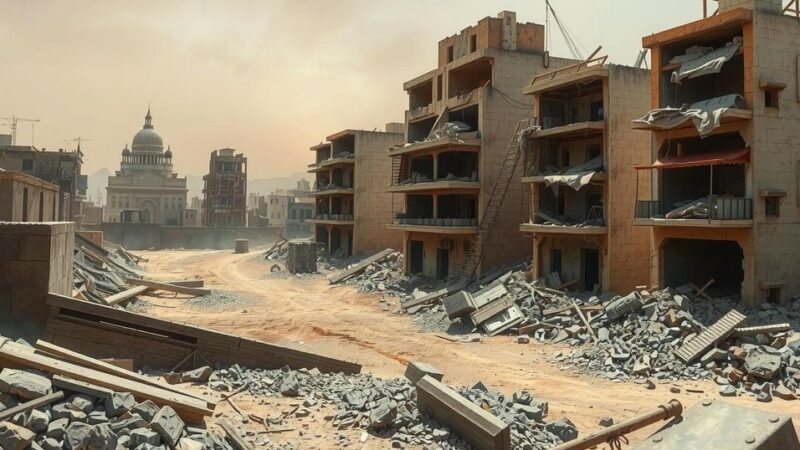Al-Shabab gunmen attacked the Cairo Hotel in Beledweyne, Somalia, during a meeting of government officials and tribal elders. The group claims over 10 fatalities, while reports indicate varying casualty figures. This incident reflects Al-Shabab’s ongoing insurgency against the Somali government, as it remains a significant threat despite military operations to counter its influence.
In a significant escalation of violence, Al-Shabab gunmen launched an attack on the Cairo Hotel in Beledweyne, Somalia, as government officials convened with tribal elders to strategize against the group. The armed faction asserted responsibility for this Tuesday incident, claiming it resulted in the deaths of over 10 individuals, though reports regarding the actual death toll vary widely.
Witnesses described a chaotic scene, with Ali Suleiman, a local shopkeeper, reporting hearing a “huge blast followed by gunfire” and observing part of the hotel reduced to rubble. Despite Al-Shabab’s claim of a high casualty count, conflicting reports emerged, with a local lawmaker and another resident stating at least four and six fatalities, respectively, including two recognized traditional elders.
Al-Shabab, with roots in Somalia’s protracted anarchy following the 1991 civil war, has been engaged in hostilities against the Somali government for over 16 years. The group, affiliated with al-Qaeda, persistently conducts attacks aimed at government officials and military personnel to unseat the current administration and implement their radical interpretation of Islamic law. Despite various military operations and interventions from the African Union peacekeeping forces, the group continues to exert influence, particularly in rural regions of Somalia.
The recent siege at the Cairo Hotel by Al-Shabab underscores the ongoing volatility in Somalia, with the armed group continuing its reign of terror despite government and international efforts. The varying reports of casualties highlight the chaos that ensues during such attacks, raising concerns over the safety of both officials and civilians in the region.
Original Source: www.aljazeera.com






